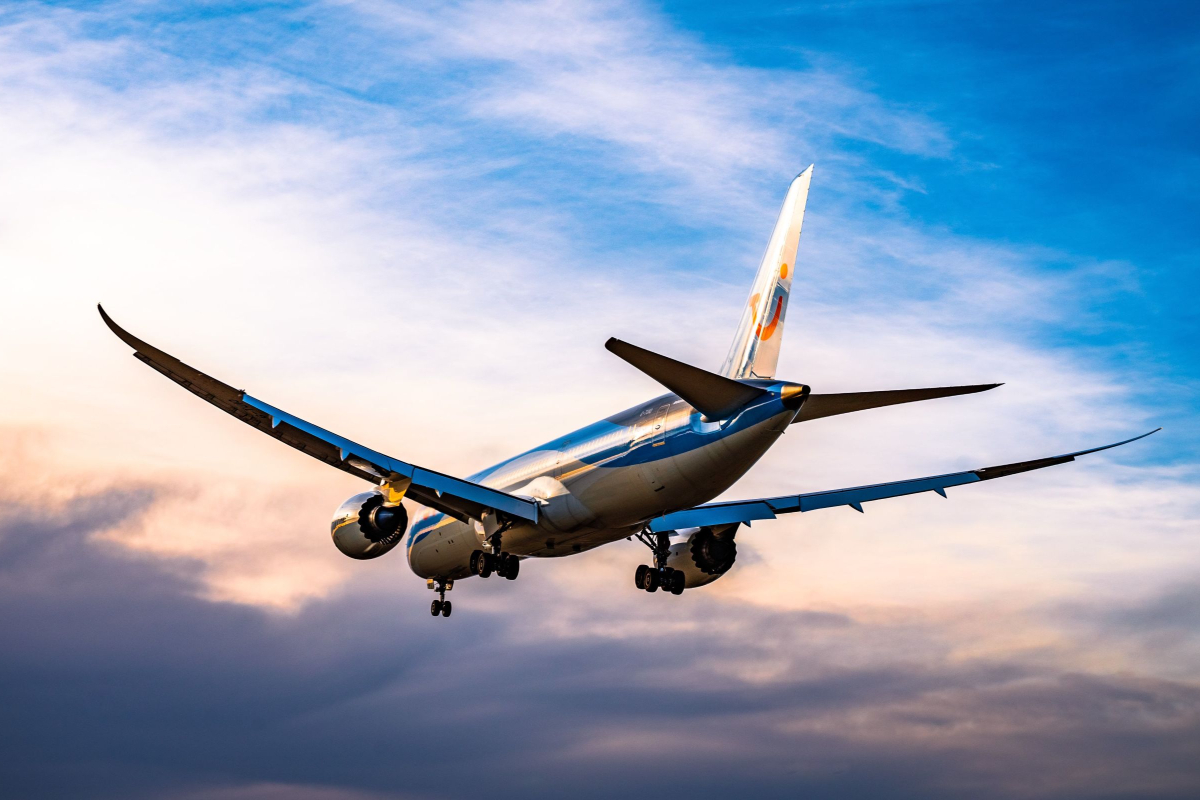Air Travel Faces Increased Scrutiny After Lawsuit Against Boeing Supplier
A recent lawsuit has put the spotlight on the aviation industry. The lawsuit claims that a Boeing parts supplier provided defective parts, raising safety concerns and bringing more scrutiny to the airlines.
Why More Scrutiny?
This lawsuit has caught the attention of many. People are worried that these defective parts could lead to accidents or other problems in the air. When safety is in question, it’s natural for the public to become concerned and for authorities to take a closer look.
Who Will Be Affected?
- Passengers: Flyers are the primary concern. If airplane parts are defective, it could put passengers at risk. This might make people think twice before booking a flight.
- Airlines: Airlines will face increased pressure to ensure their planes are safe. They might need to spend more time and money on inspections and repairs.
- Boeing and Suppliers: Boeing and its suppliers will be under the microscope. They will need to prove that their parts and planes meet safety standards.
Who Will Be Harmed?
- Passengers: If safety issues are confirmed, passengers could be harmed during flights. Even the fear of potential issues can cause stress and anxiety.
- Airlines: Increased scrutiny could lead to grounded planes, canceled flights, and higher operating costs. This might also mean higher ticket prices for passengers.
- Boeing: The company’s reputation could take a hit. Trust is crucial in the aviation industry, and any doubts about safety can damage Boeing’s standing.
Who Will Benefit?
- Competitors: Other airplane manufacturers might benefit if Boeing’s reputation suffers. Airlines might turn to other companies for their planes.
- Safety Regulators: Agencies responsible for flight safety, like the Federal Aviation Administration (FAA), will have more opportunities to enforce regulations and demonstrate their importance.
- Passengers: In the long run, increased scrutiny could lead to safer flights. If problems are identified and fixed, passengers will ultimately benefit.
Why Is It Controversial?
This issue is controversial because it involves trust and safety. People trust airlines and airplane manufacturers to keep them safe. When this trust is broken, it causes a lot of concern. Additionally, there are financial implications. Grounding planes and fixing defects can be very expensive, and no one wants to bear those costs.
Is It Safe to Fly?
Despite these concerns, flying remains one of the safest modes of transportation. Airlines follow strict safety regulations, and planes undergo regular maintenance and inspections. However, the lawsuit raises valid concerns that need to be addressed to maintain this high safety standard.
Will People Choose Other Modes of Transportation?
While some people might choose to drive or take a train instead of flying, air travel is often the most efficient way to travel long distances. For many, the convenience of flying outweighs the potential risks. However, if more safety issues arise, it could lead to a shift in how people choose to travel.
Final Thoughts
The lawsuit against Boeing’s parts supplier has brought important safety issues to light. While it will lead to increased scrutiny of the airline industry, it also provides an opportunity to improve safety standards. Passengers, airlines, and manufacturers all have a stake in ensuring that air travel remains safe. By addressing these concerns head-on, the industry can work towards restoring trust and maintaining its reputation for safety.


